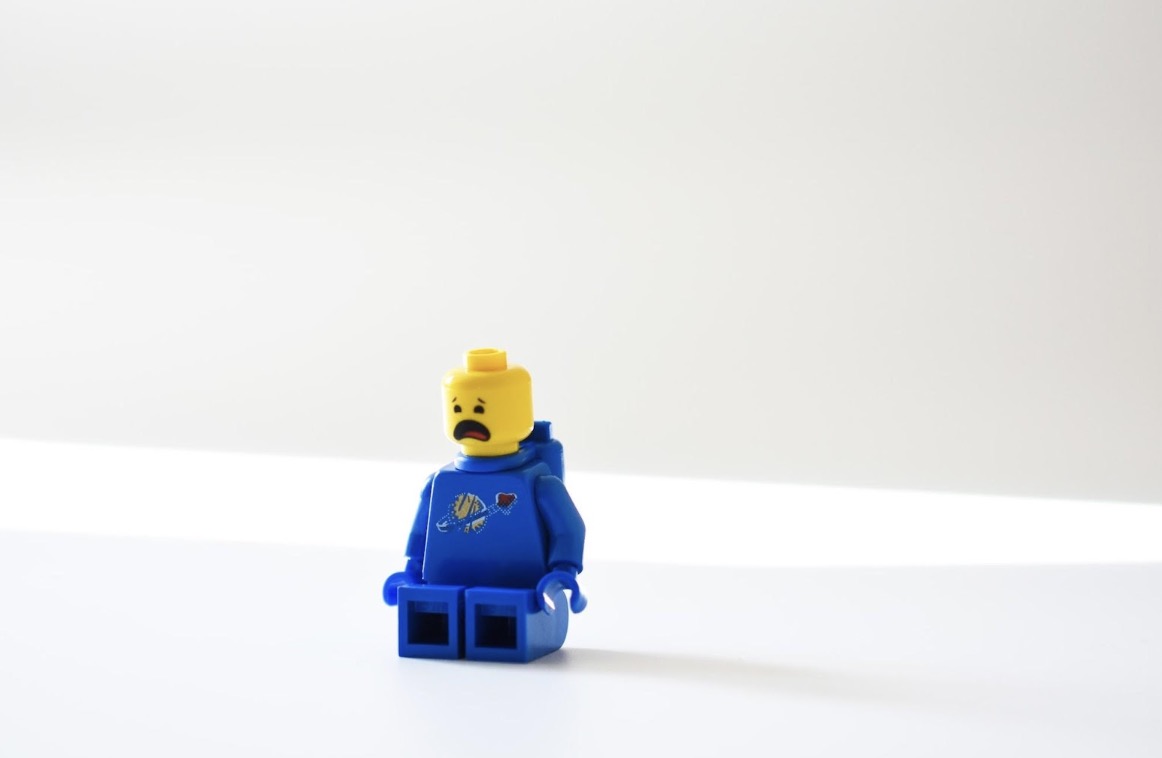Have you ever felt like the world has become so heavy, your heart is so full, and yet feels painfully empty at the same time? If depression rings true to any emotion that resonates with you, then please know that this blog post is here to help. Mental wellness should never be neglected or taken for granted – it’s just as important as physical health.
To assist in your journey toward mental well-being, we’re going to discuss ways that you can cope with depression and address issues of self-care. We hope that by taking small steps towards healing, we can make a positive impact on reducing feelings of isolation due to mental illness and create a greater understanding surrounding its importance.
Reader's Roadmap
Acknowledge and accept your feelings
We all go through rough patches in life that leave us feeling down and drained. While it’s tempting to try and push these negative emotions away, it’s important to acknowledge and accept them as a normal part of the human experience. When we deny or bottle up our feelings, they can become even more overwhelming and lead to a sense of isolation and loneliness. By allowing ourselves to feel sad, angry, or anxious, we can learn to process and move through these emotions, ultimately leading to greater mental and emotional well-being.
So the next time you’re feeling down, remember that it’s okay to not be okay, and permit yourself to feel your feelings. As waves of depression come and go, know that it’s just a temporary state and you are not defined by your emotions. Also, don’t be afraid to reach out for support from friends, family, or a professional therapist. Talking about your feelings with someone who understands can help you feel less alone and provide valuable perspective.
Reach out to friends and family for support
Life can often feel overwhelming, and it’s during these trying times that we come to realize the true value of the relationships we have with friends and family. It can be difficult to reach out and ask for help, but you should remember that the people in your life care about you and want to support you. Sometimes, simply talking to someone and sharing your feelings can make a world of difference.
Aside from friends and family, there are also support groups available for those struggling with depression. These groups provide a space where you can openly discuss your experiences with others who understand what you’re going through. Not only can this provide a sense of community and belonging, but it can also offer valuable coping strategies and resources for managing your mental health.
Take care of yourself physically with healthy habits
While mental health is often at the forefront when discussing depression, it’s important not to neglect our physical well-being as they are deeply interconnected. Engaging in regular exercise, maintaining a healthy diet, and getting enough sleep can all positively impact our mood and overall mental wellness.
Additionally, incorporating self-care practices into your daily routine can also greatly benefit those struggling with depression. This can include activities such as journaling, meditation, or engaging in hobbies that bring joy and relaxation. Taking care of yourself physically and mentally can help you feel more balanced and better equipped to handle any challenges that come your way.
Re-frame your thoughts with positive affirmations
The way we think and perceive ourselves and the world around us can greatly impact our mental health. Negative self-talk and thoughts can feed into feelings of depression and low self-worth. By consciously reframing our thoughts with positive affirmations, we can begin to shift our mindset towards a more optimistic outlook.
Start by identifying any negative thought patterns you may have, such as “I’m not good enough” or “Nothing ever goes my way.” Then, rephrase these thoughts into positive statements, such as “I am capable and worthy” or “Challenges are growth opportunities.” Repeating these affirmations to yourself regularly can help reinforce a more positive mindset and boost your overall mood.
Participate in activities that bring you joy
Depression can make it difficult to find joy in activities that we once enjoyed. However, it’s important to continue participating in hobbies and activities that bring us happiness and a sense of purpose. This can include things like art, music, sports, or spending time outdoors.
If you find yourself struggling to engage in these activities on your own, consider joining a class or group where you can meet like-minded individuals and participate together. Not only will this provide a sense of community, but it can also be a source of motivation and accountability.
Utilize mental health resources like therapy or medication when necessary
Taking care of our mental health is just as important as taking care of our physical health. Sometimes, we may experience challenges or difficulties that can impact our mental well-being, and seeking help from mental health resources can be a crucial step toward healing and maintaining overall wellness.
Whether it’s through therapy or medication, utilizing these resources can provide access to trained professionals and effective treatment options that can help manage symptoms and improve quality of life. It’s important to remember that seeking help is a sign of strength and that there is no shame in reaching out for support when we need it most.

Take the time to work through your hardships, and feel empowered by knowing that you can come out of it a better and happier version of yourself. Never forget that you are stronger than any mental health challenge or hardship and always remind yourself that if you ever feel trapped, there is a supportive community available to help you get through anything.
Reach out to your friends and family for support, practice self-care, re-frame your thoughts with positive affirmations, participate in activities that bring you joy, and utilize mental health resources when necessary. Remember that your feelings matter and they are valid – valid enough to give yourself the TLC you deserve to come back even better, more powerful, and more motivated than ever before. So now it’s time to take all the lessons from this blog post and use them to break down any mental walls blocking your inner strength.







Leave a Reply
View Comments